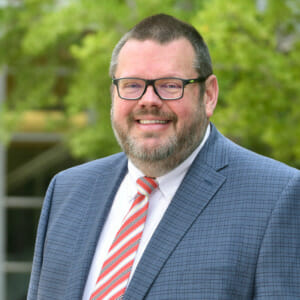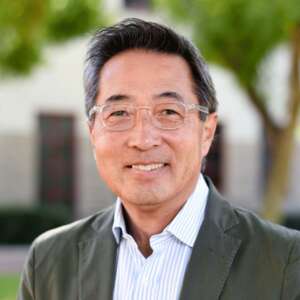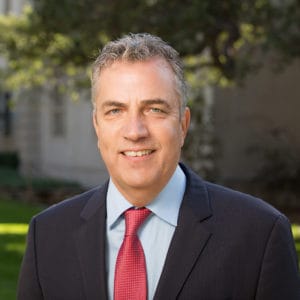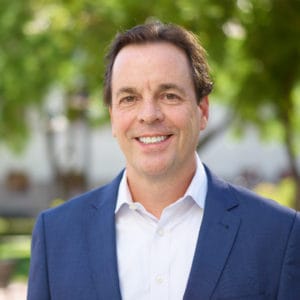“Knowledge is different from all other resources. It makes itself constantly obsolete.” – Peter Drucker
What Comes After Success?
In today’s fast-paced world, accomplished executives like you must continuously evolve to stay ahead. That’s why our groundbreaking PhD in Executive Management (EPhD) program has been reinvented to cater to a new generation of leaders. With a 40-year history of providing doctoral education to executives, the EPhD empowers you to build on your accomplishments and experience by delving into personally relevant questions facing business, management, and society. By joining our trailblazing program, you become part of a special cohort of forward-thinking professionals dedicated to transforming business and society. Guided by Drucker’s enduring philosophy and supported by our world-class faculty, you will explore transformative ideas that can create a lasting impact.
Loading...
Contribute to a Functioning Society
The Drucker School and its programs, including the EPhD, are grounded in the philosophy of Peter F. Drucker, widely regarded as the father of modern management. Distinct among business schools, the Drucker School views management as fundamental to human achievement and emphasizes the importance of good management for a functioning society. The EPhD embodies this philosophy by blending theory and practice, aimed at studying a business, management, or social issue in-depth.
The Next Journey for Visionary Leaders
A doctorate from the Drucker School represents excellence in leadership and management research and practice. As an academic, writer, and scholar, Peter Drucker’s work has left an indelible impact on the field of management. He joined the Claremont Graduate University in the early 1970s, and for nearly 20 years, he and CGU faculty offered the EPhD program, with the first students graduating in 1984. Although many business schools offer similar programs, such as the “DBA,” the EPhD at Drucker has a distinguished and unique history as the oldest program of its kind. The newly reimagined program is tailored to meet the needs of today’s top executives, providing the Drucker Edge and empowering you to join the distinguished ranks of visionary leaders who have shaped the future of business and society.
Program Highlights
- The Drucker Edge: Building on Peter Drucker’s management principles and his legacy of innovation, the EPhD is tailored for visionary leaders seeking to make a lasting impact by shaping contemporary business management practices.
- Designed for Executives: The newly reimagined EPhD is a hybrid program tailored for experienced executives working full time with completion within 3 years.
- Real-World Impact: The EPhD, in contrast to traditional PhD programs focused on the advancement of theory, seeks to advance the practice of management. World-class faculty with extensive academic and practical expertise guide top executives to address important practical issues with rigorous research.
- Your degree is AACSB accredited—the highest standard for business education.


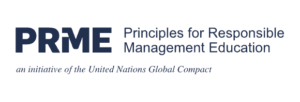

Program At-a-glance
-
64 units
required units
-
PhD in Executive Management
degree awarded
-
Hybrid
modality
-
Spring, Fall
program start
-
3 years | part time
estimated completion time
